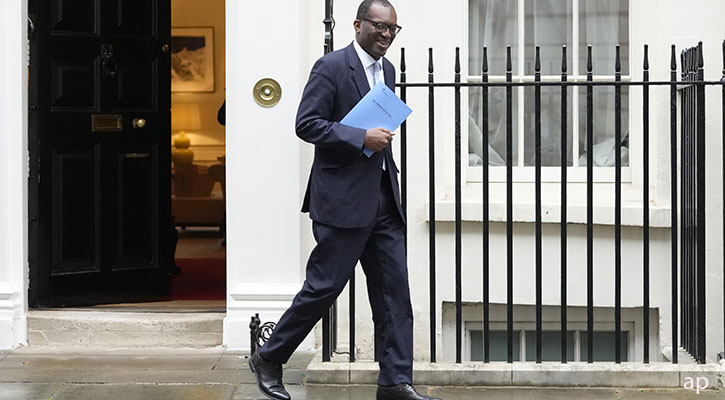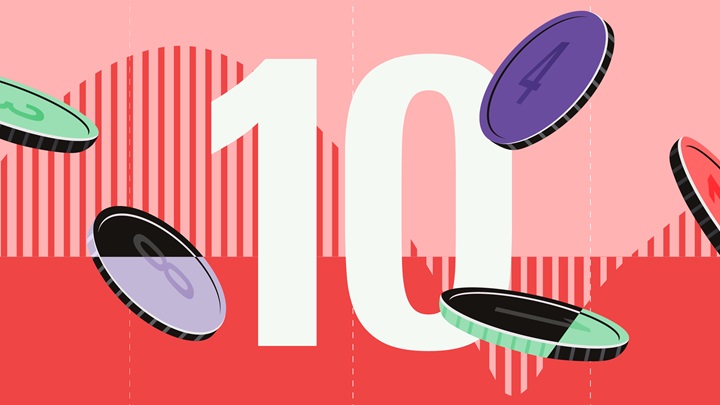.png)
The number of stock market troughs and rebounds this year has been a serious test of investor morale, and the third quarter was no different. Over the past three months, global equity markets again attempted to rebound, but this was followed by a correction.
This most recent phase of decline has been fuelled by the same drivers as we’ve seen earlier this year, and inflation, even if it seems to be falling, remains at high levels.
Central banks are now working hard to raise rates and are increasingly paving the way for a recession in the world economy. This will undoubtedly arrive in Europe before affecting the United States, due to the war in Ukraine and soaring energy prices.
So far, because of the decline in equity markets around the world, valuations have dropped by multiples for stocks.
Investor Confidence Floundering
At the start of the year, the price/earnings ratio of the US stock market was 21.5x earnings estimated for the next 12 months according to Factset, and it was 16.2x in Europe.
At the end of September, these multiples fell to 15.3x and 10.9x respectively, below their historical average since 2004. The drop has also been bigger for Europe than the US.
This means that investors are quite pessimistic about the future of corporate profits and the broader economy. In fact, Hargreaves Lansdown has been tracking investor confidence in the UK since 1995, and in September, it hit its lowest ever level.
Emma Wall, head of investment analysis and research, Hargreaves Lansdown says the cost-of-living crisis, combined with stock market performance and uncertainty around inflation, are key drivers. And investors often struggle to be contrarian, despite “periods of underperformance often being some of the best opportunities to buy into markets”.
Earnings Estimates Remain Solid
However, so far, earnings estimates, which are another determining factor in the level of the markets, have held up rather well.
Many companies reported strong order books at least in the first half of the year. Some were able to push through price increases or realise productivity gains to deal with supply chain headwinds and the inflation of their inputs.
But during the summer, cracks appeared, with an accumulation of profit warnings, such as one from FedEx.
One can therefore expect corporate profit estimates to start to decline, which could translate into a “profit recession” in the months to come and fuel a new phase of decline in stock markets.
As such, world equity markets have a good chance of being volatile and remaining so as long as central banks keep hiking interest rates. And the coming months are going to be very hectic.
One cannot rule out a jump in the markets, but the recent decline shows that investors are still very cautious about risky assets. And they should stay that way for a while.





























